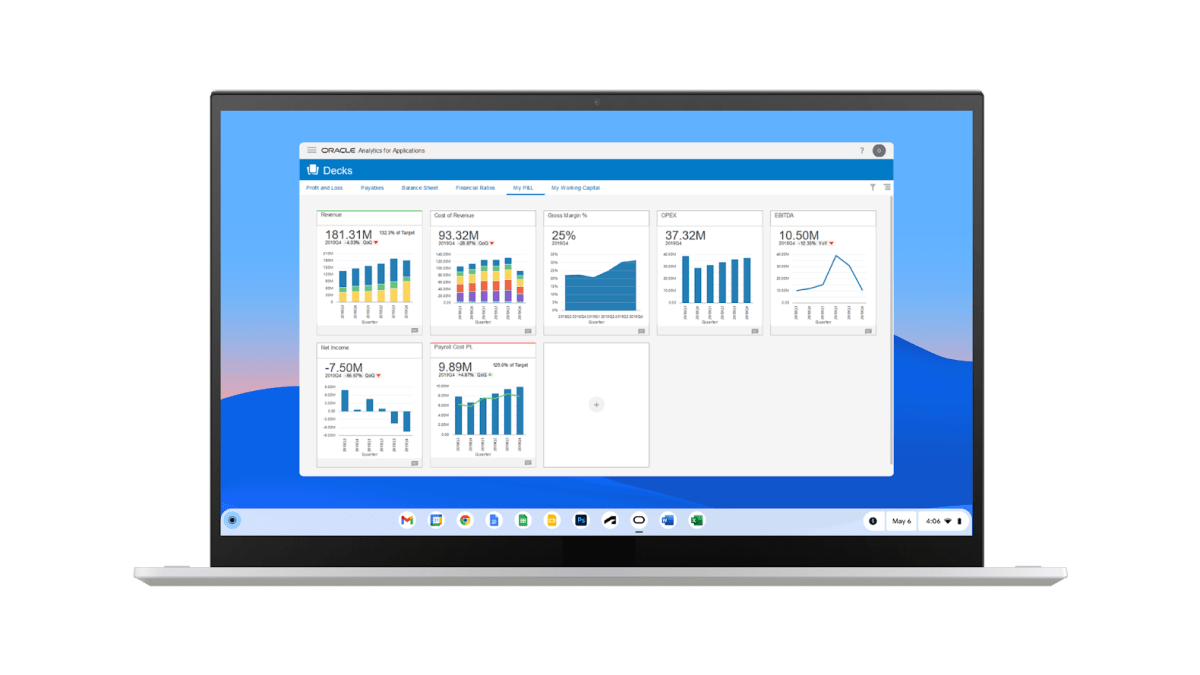Google has made another significant move in the technology world, acquiring Cameyo, a company focused on virtualization tools that allow Windows apps to run on ChromeOS devices. This development, marked by an undisclosed amount, has potential to greatly benefit ChromeOS users and modernize businesses through new software capabilities.
In a joint blog post, Cameyo CEO Andrew Miller and Google product lead Naveen Viswanatha emphasize the value of this partnership for ChromeOS. Together, the combination of their technologies will offer seamless access to Windows apps without complex installations or updates.
This venture originated in 2018, thanks to Cameyo CTO Eyal Dotan’s vision of building a platform for virtualizing Windows apps on non-Windows devices and web browsers alike. This is achieved by bundling the app, along with its dependencies, into a self-contained executable that also includes a virtualization engine for various operating systems.
Last year, Google and Cameyo further cemented their collaboration by releasing new features such as local file system integration and the ability to deliver virtual Windows apps as progressive web apps. These are web-hosted apps that can be accessed through browsers, offering a glimpse into what was to come.
As highlighted by The Verge’s Tom Warren in his piece on Cameyo, Google has been actively promoting ChromeOS for business and educational use, following a lukewarm reception from consumers. With the introduction of Cameyo’s technology, companies seeking to transition from Windows or manage both Windows and ChromeOS can now do so more seamlessly, especially with the growing trend of cloud and web-based apps.
Indeed, Cameyo boasts on their website that their software is already relied upon by hundreds of organizations, including school districts and financial institutions.
This acquisition marks an exciting opportunity for both Google and Cameyo to innovate and enhance the capabilities of ChromeOS. As these two forces join together, it will be interesting to see what new possibilities unfold for virtualization and the future of technology.








